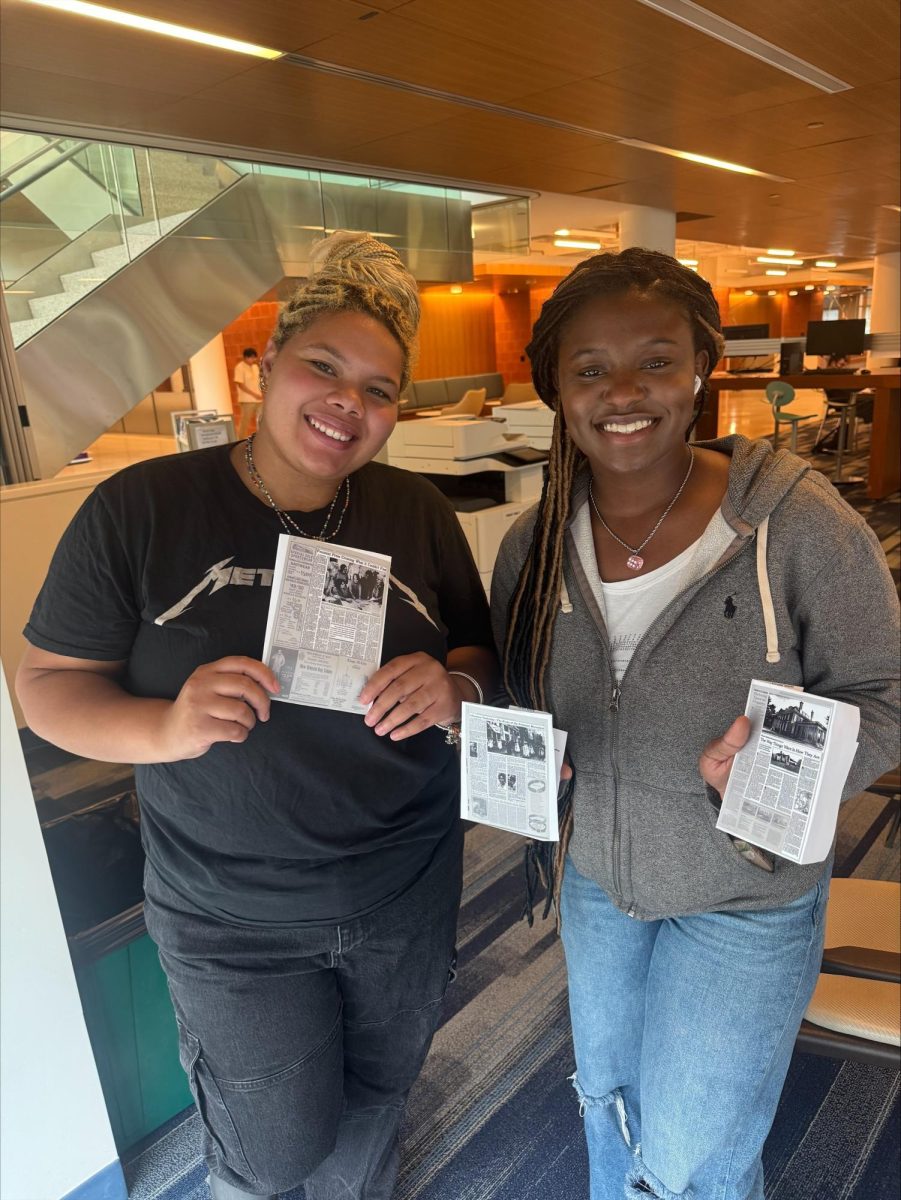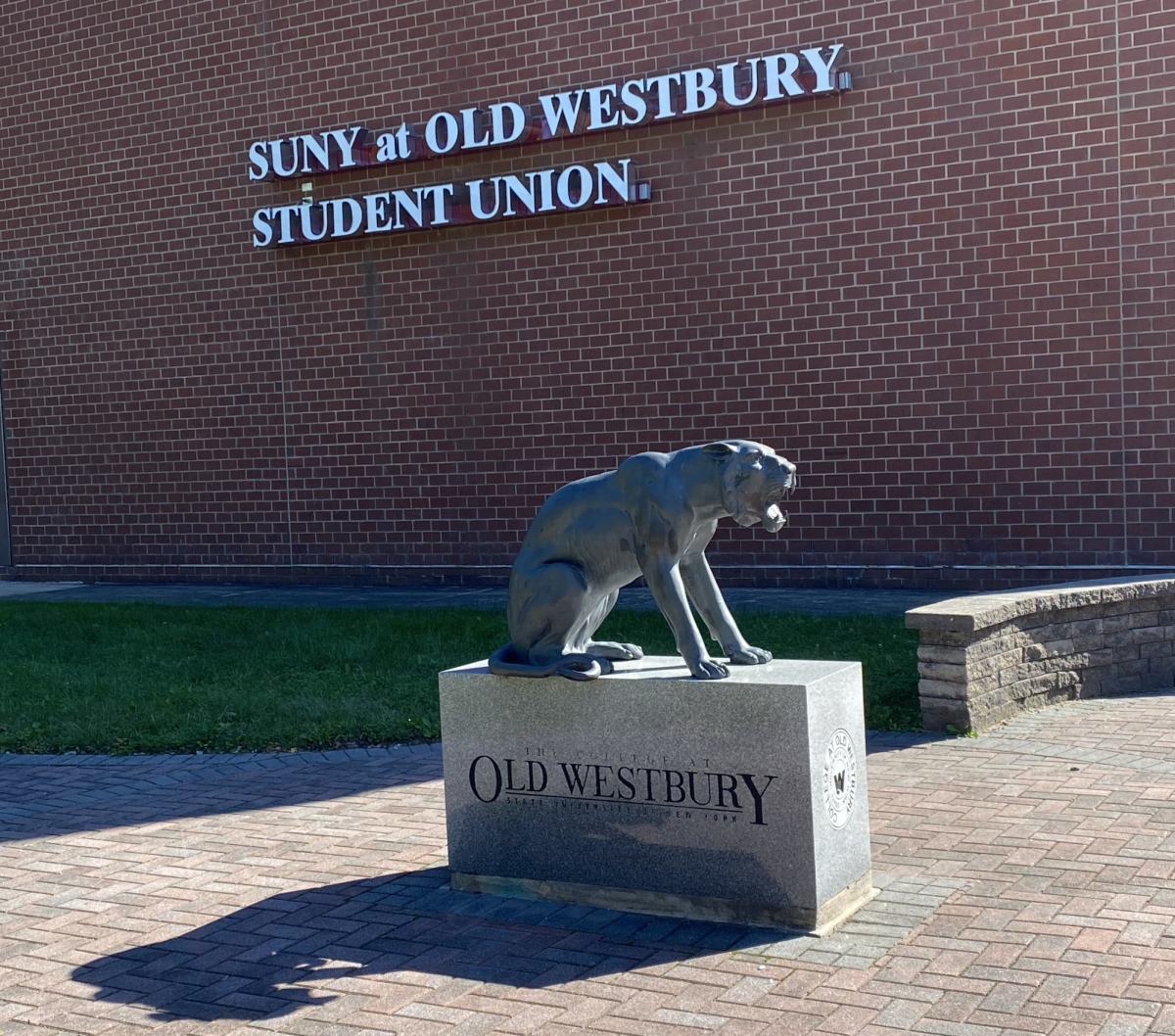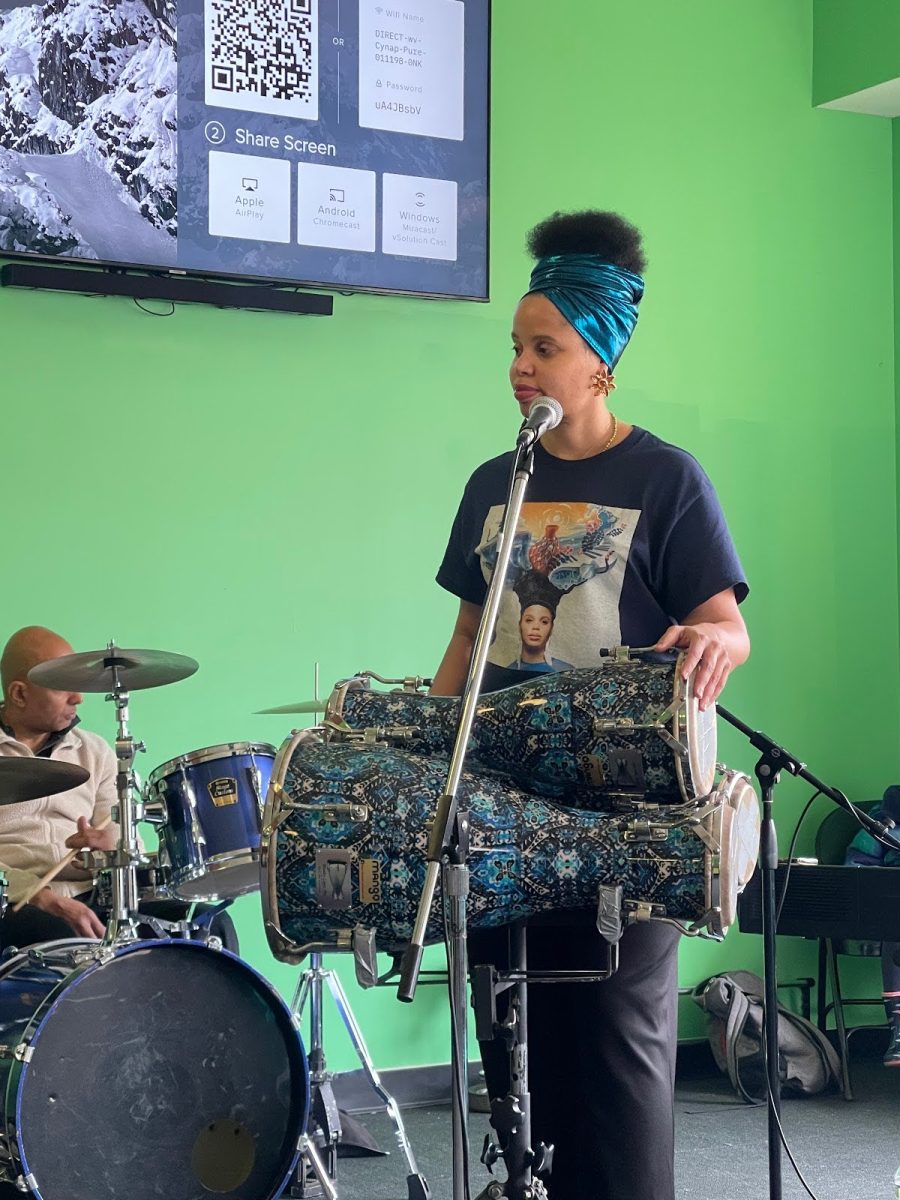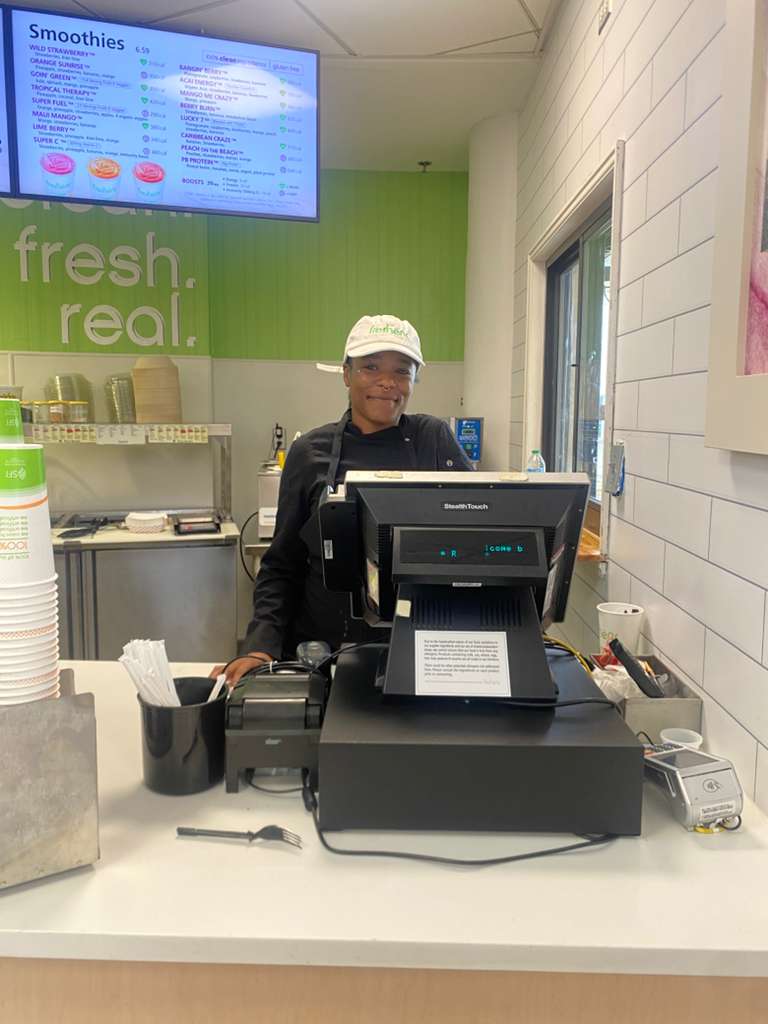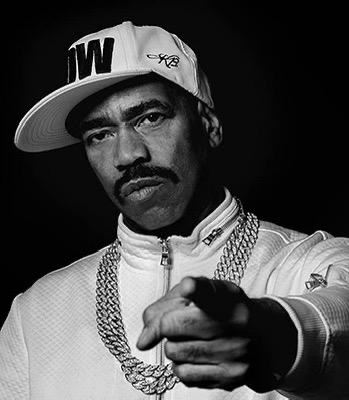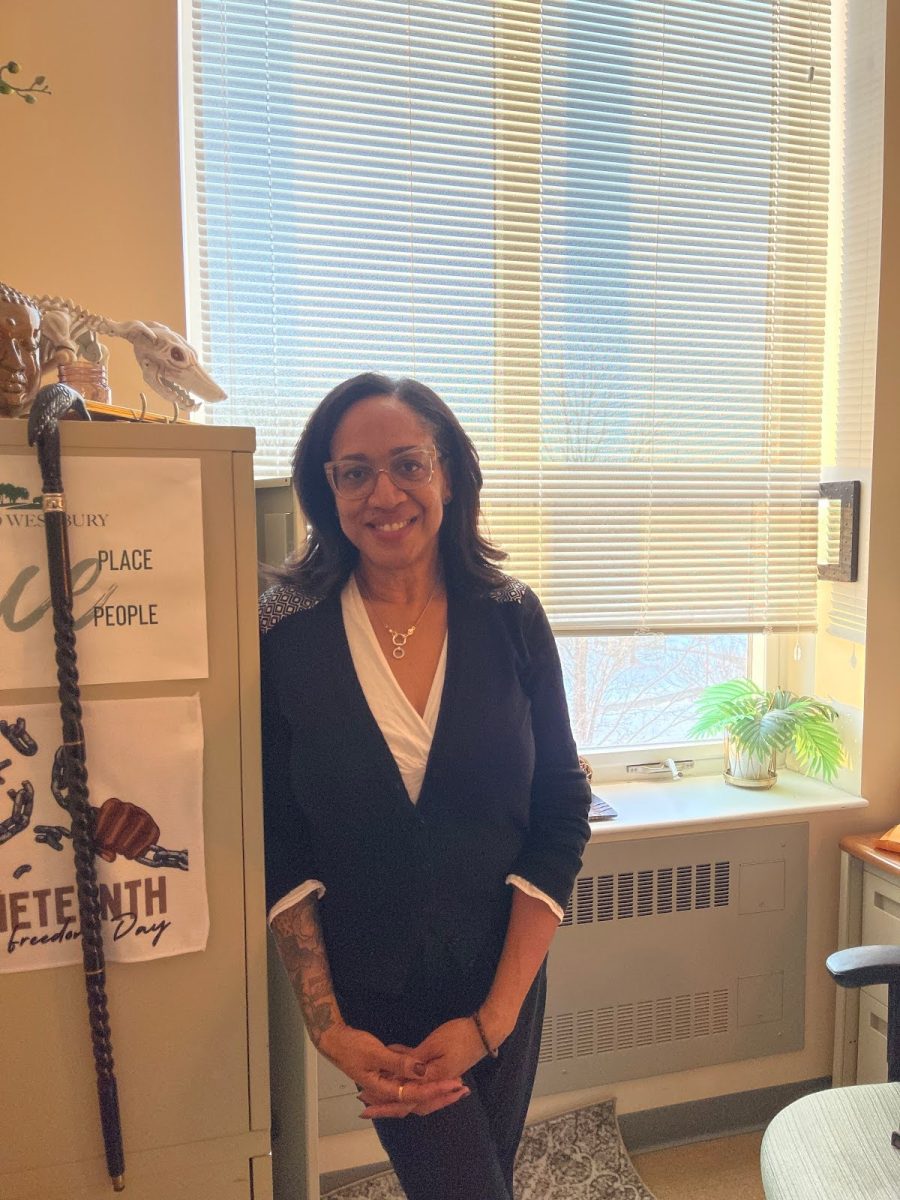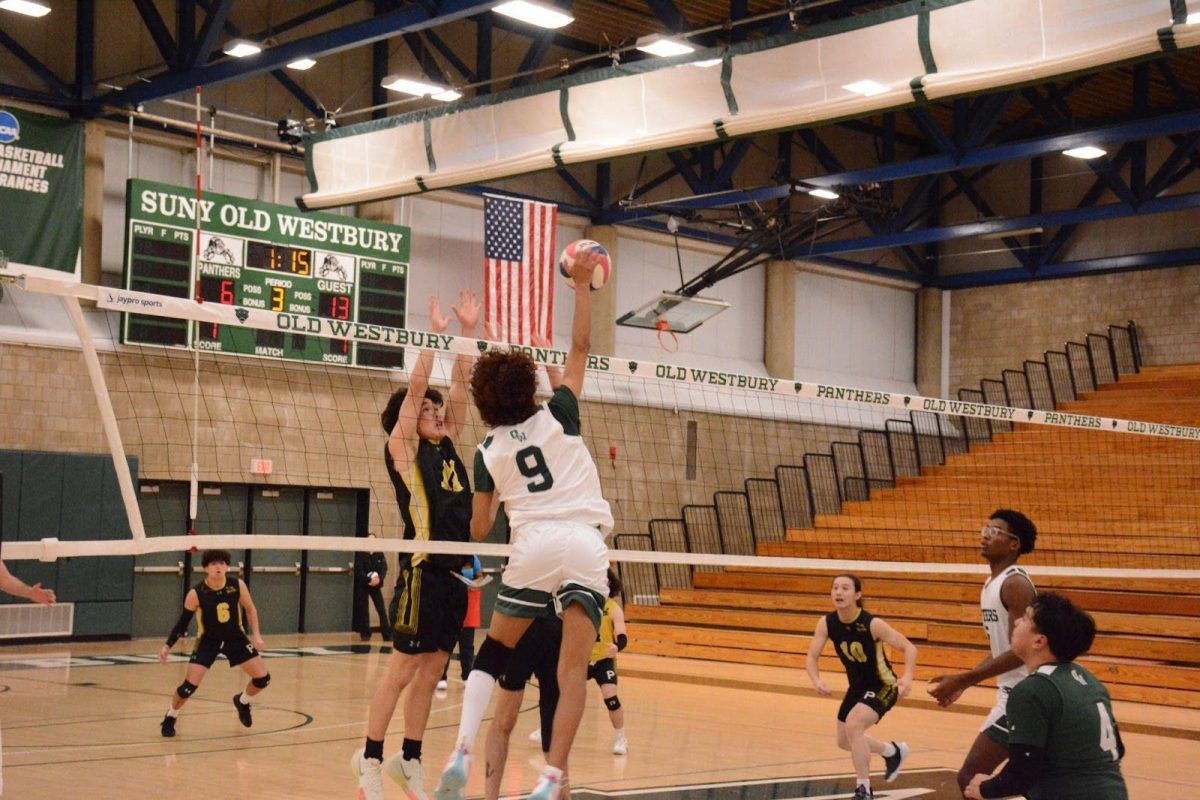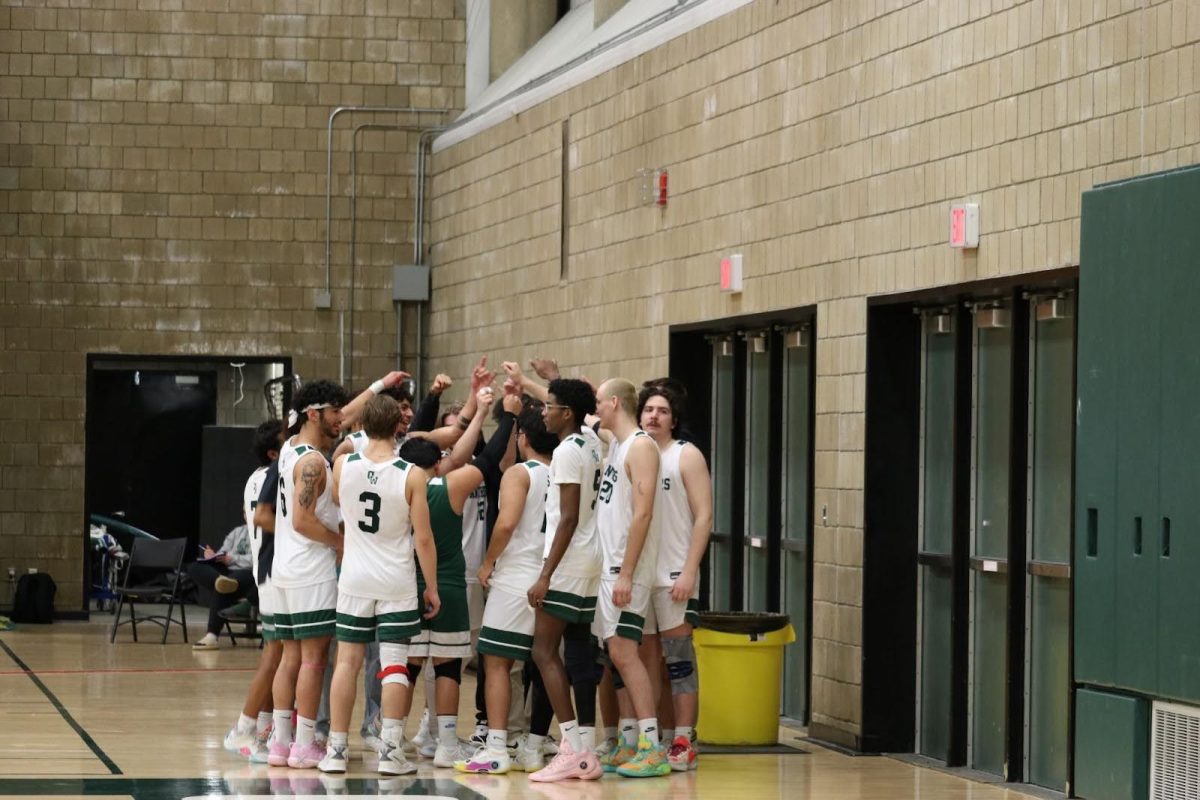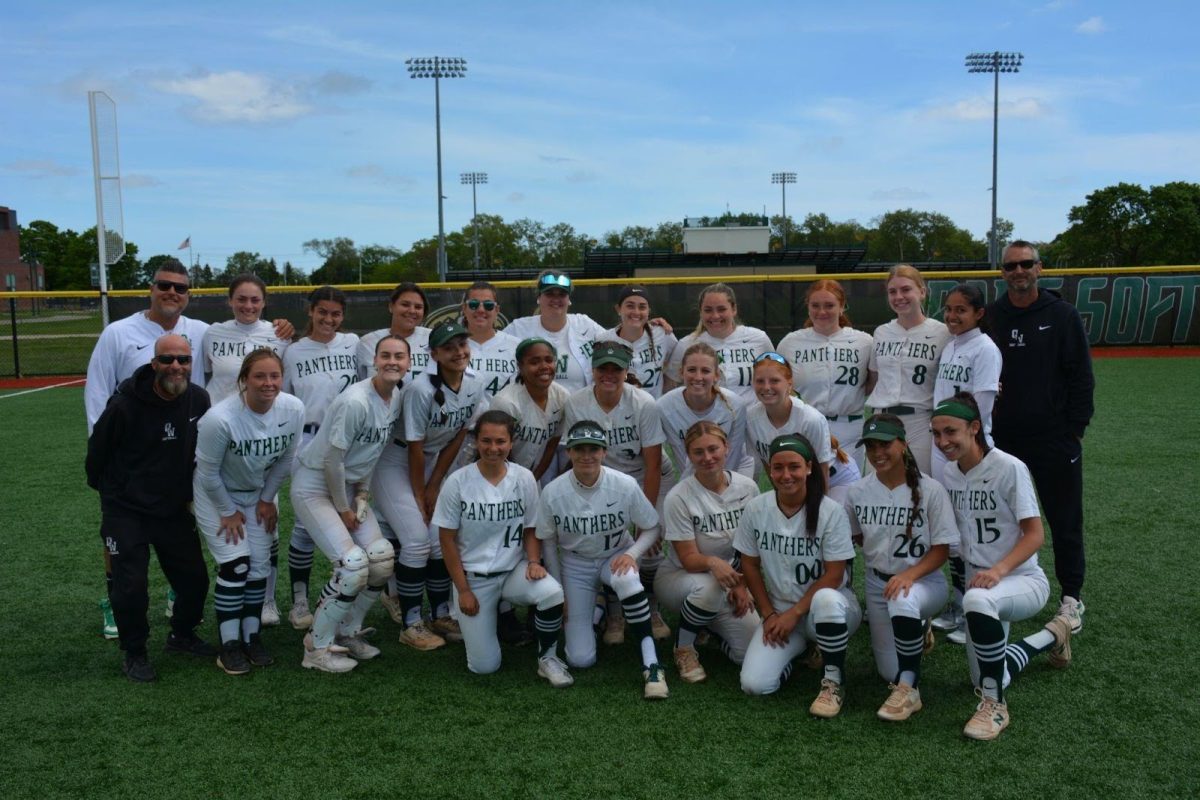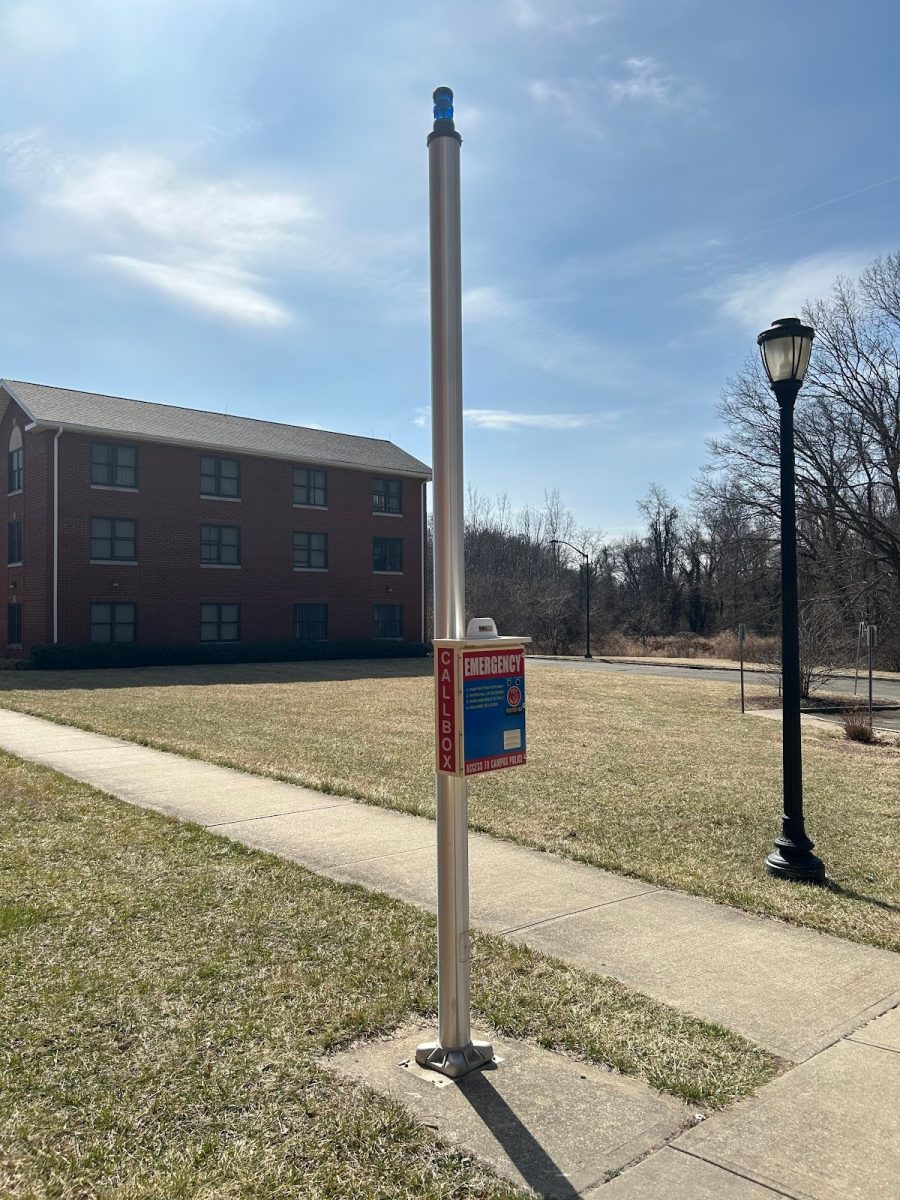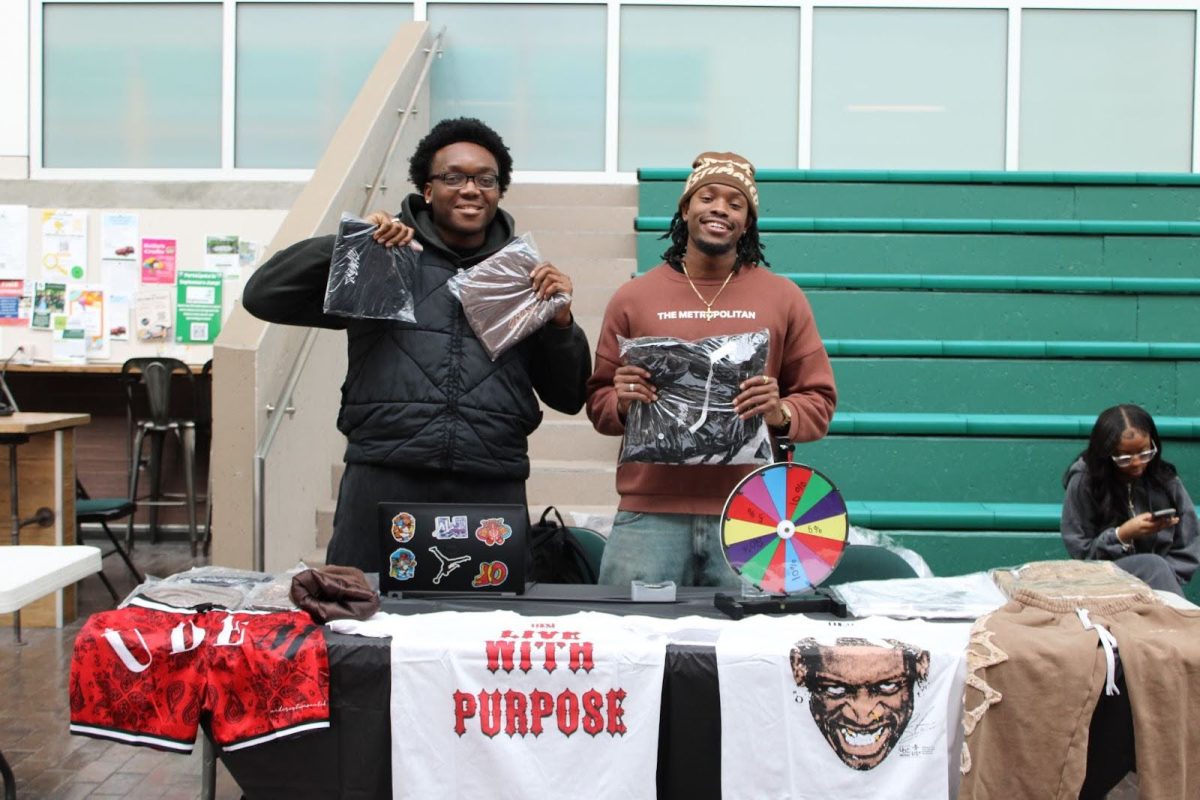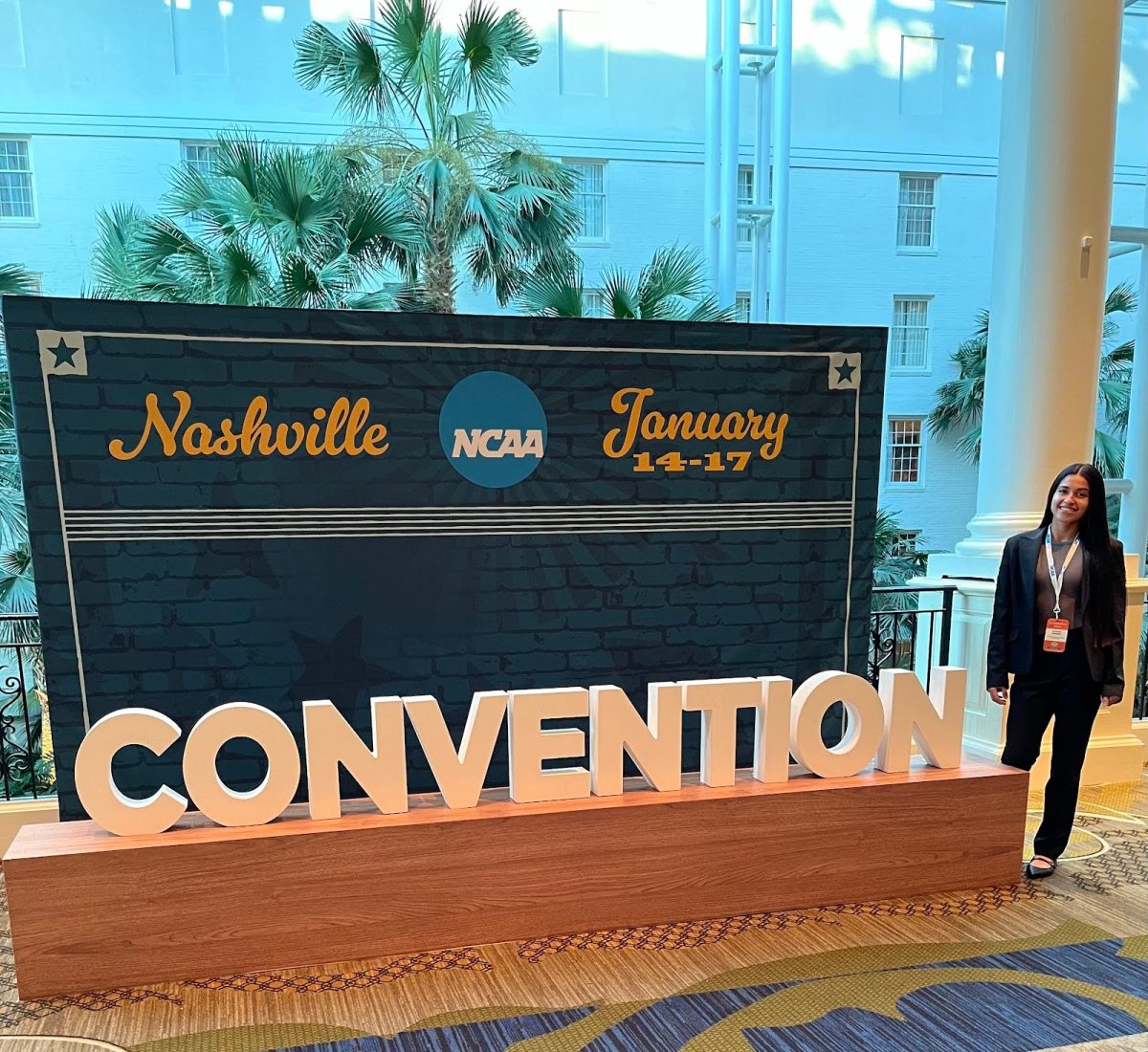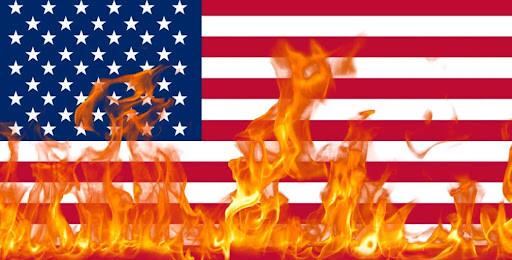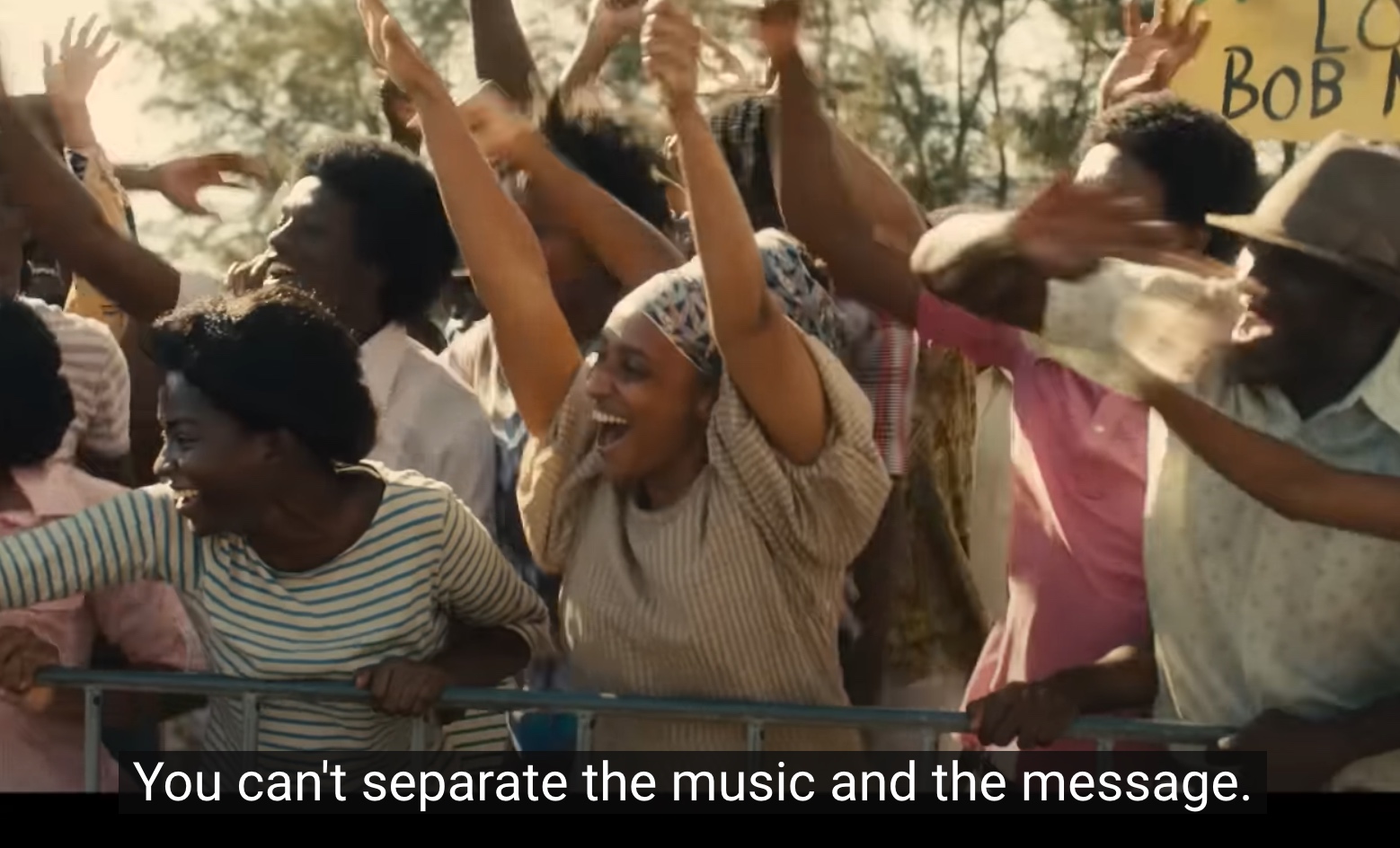
After its much-anticipated release on February 14, 2024, “Bob Marley: One Love” has captured the attention of both avid Bob Marley fans and moviegoers alike. The movie is directed by Reinaldo Marcus Green and produced by Bob Marley’s son, Ziggy Marley. The screenplay was written by Terence Winter and Frank E. Flowers.
“Bob Marley: One Love” features Kingsley Ben-Adir as Bob Marley and Lashana Lynch as Rita Marley, his wife. The film has sparked discussions, reflections, and even critique of the reggae icon’s portrayal. Watching this movie made me ponder Bob Marley’s life and legacy.
The movie opens with a young Marley receiving a Bible from an elder before catching the next bus with his mother, foreshadowing the complexity of his journey from childhood until his tragic death. The film frequently flashes back to a scene of a young Bob, running from a raging inferno while being trailed by a man on a horse, a symbol of his resilience and revelations.
Rastafarianism is one of the major themes of Bob Marley’s life. When I saw the movie the day after it opened, the theater was a sea of fans wearing red, gold, and green attire; the sense of pride in the room was inescapable. The three colors are a symbol of Rastafarianism, a faith-based movement that began in Jamaica in the 1930’s.
During the movie, many fans were humming along to the lyrics of classics such as “Three Little Birds” and the films’ namesake “One Love.” These songs were crucial to Marley’s mission: music with a message. Messages that propounded the ideals of resistance and redemption. Lyrics that spoke of the struggle and leading with humility against all odds.
In Bob Marley: One Love, the themes of overcoming adversity, political unrest, and having faith, all come together in a rich depiction of Marley’s adult life in 1970s Jamaica. But the film leaves the audience to piece together the puzzles of his early life.
The 1976 attempted assassination of Bob and Rita Marley profoundly affected Bob Marley and The Wailers. The story follows Marley as he flees to London, navigating his teetering relationship. It climaxes back in Kingston with the 1978 One Love Peace Concert which made history when Marley brought together political rivals Michael Manley and Edward Seaga.
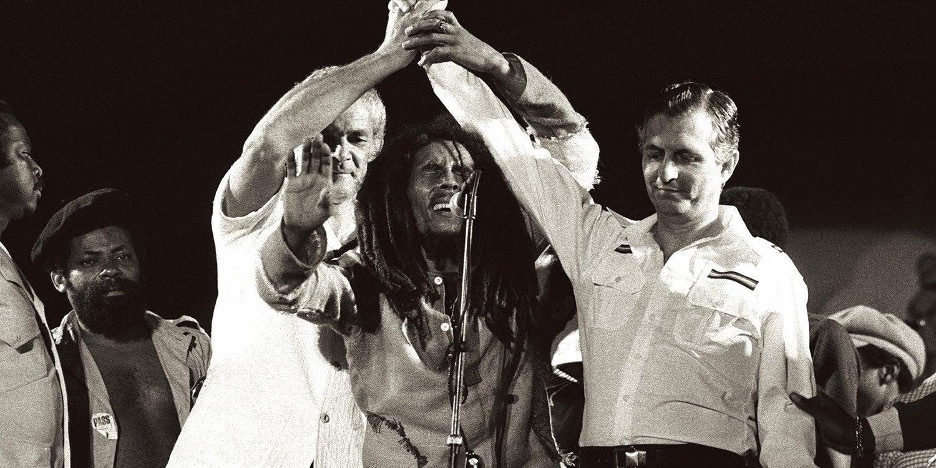
The film focused primarily on Bob, the musician, rather than Bob the individual. The film reduced the story of his life to a few pivotal moments, instead of capturing his life from beginning to end.
Ben-Adir does his best to capture the musicality of the reggae singer, alongside his co-star Lashana Lynch, nailing his mannerisms and laid-back demeanor. The musical sequences were arguably the highlight of the film, showcasing the raw ability of the band’s ability to create art outside of the norm, which was where he drew inspiration for one of the most important albums of the 20th century, Exodus.
Marley used his platform to champion equality and peace, becoming a symbol against oppression and colonialism. I would personally rate the film a 5.5/10. I enjoyed watching the film during Black History Month. However, the overall experience trumped the quality of the production, which ultimately led to the question, “who was this film made for?”

